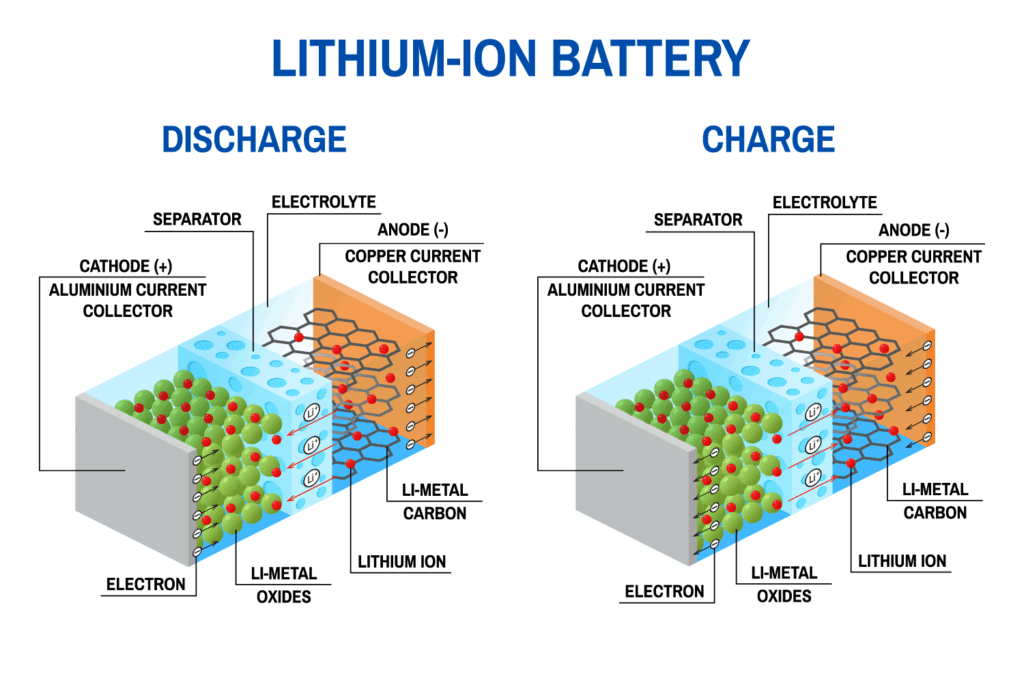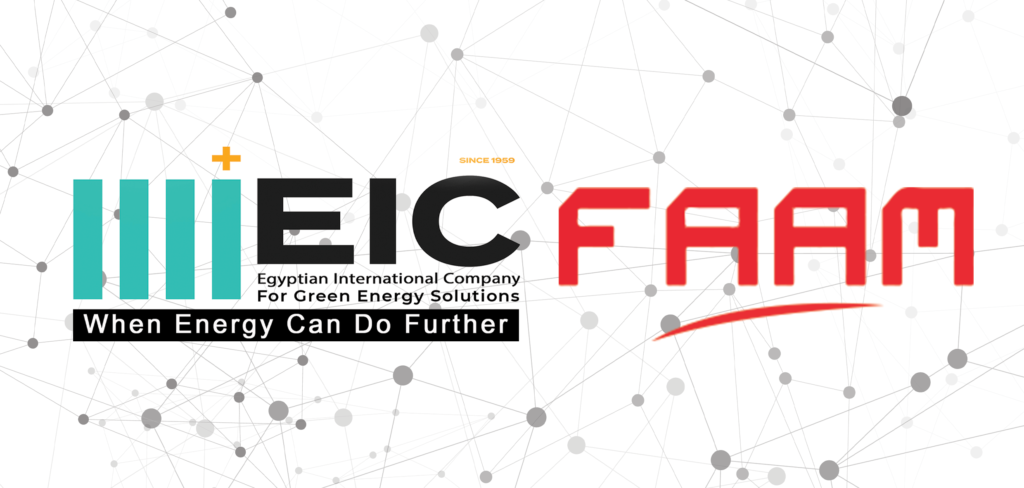

Lithium-ion batteries offer unique advantages over their alternative lithium and other elemental chemistries. Their benefits are outlined below. To read more about the similarities and distinctions between lithium-ion and lithium iron phosphate batteries.
(Copywriter, https://www.
Lithium-ion batteries offer the highest energy density in the rechargeable-battery market (100-265 Wh/kg). This makes charging a lithium-ion battery easier, faster, and long-lasting. This makes for a more powerful battery overall- even when compared to lithium iron phosphate ones.
Lithium-ion batteries are easy to use and relatively low maintenance, especially compared to nickel-based batteries. No priming equipment is required and maintaining their battery life does not entail scheduled cycling. Lithium-ion batteries also have no memory effect, which would cause batteries to perform at a lower capacity after repeated partial discharge and charge cycles.
Lithium-ion chemistry is high-performing and ideal for high-power applications. They deliver more current compared to batteries with nickel-based chemistry. They have the capacity to deliver up to 3.6 Volts, which is three times higher than their nickel alternatives. Due to their slow self-discharge rate (around 1.5-2% per month), lithium-ion batteries have a long shelf life.
Lithium-ion batteries provide an ideal renewable energy solution in many different applications. Their technology can be used to power or store energy for portable electronic devices, electronic cars, aerospace, and other high-power applications.
(Copywriter, https://www.
